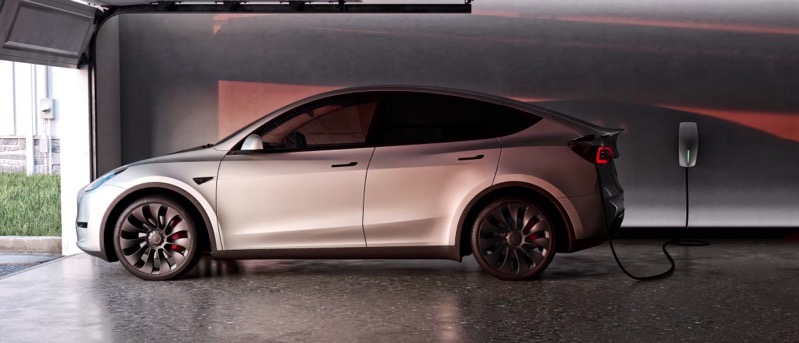
Tesla Model Y Dominates EV Market in Norway with 92% Share
February witnessed a remarkable surge in plug-in electric vehicle (EV) sales in Norway, capturing a 92.1% market share, a significant increase from 90.1% year-on-year.
Battery electric vehicles (BEVs) alone accounted for over 90% for the second consecutive month. Despite these high numbers, the overall auto volume in Norway remained low, with just 7,380 units sold. Tesla’s Model Y led the market, selling 1,747 units, nearly a quarter of all vehicles sold, reports CleanTechnica.
Norway’s EV market, known for its wide adoption of eco-friendly vehicles, saw a mix of 90.1% BEVs and 2.0% plug-in hybrids (PHEVs). This shift is partly due to recent tax changes affecting non-BEV sales, resulting in lower PHEV sales in the past two months. Experts anticipate a slight recovery in PHEV sales, but new policies are designed to favor BEVs, aligning with Norway’s ambitious goal of achieving “100% electric by 2025.”
However, this transition has raised concerns about the availability of affordable BEVs in Europe. With the cheapest BEV, the 39 kWh Nissan LEAF, starting at NOK 232,600 (€20,400 without sales tax), there is a clear gap in the market for more budget-friendly options. This contrast is stark when compared to markets like China and India, where an array of affordable BEVs is available, some priced below €5,000. The lack of similar options in Europe is attributed to a strategy by European legacy automakers to keep BEV prices high, as reported by JATO.
The best-selling EVs in Norway continue to be dominated by Tesla’s Model Y, followed by the Volkswagen ID.Buzz and Toyota BX4x. Toyota is notably increasing its presence with the Toyota BZ4X, Subaru Solterra, and Lexus RZ450E, all ranking in the top 20 for the first time. Meanwhile, other models like the BMW iX2 and Smart #3 are slowly entering the market.
The transition to EVs in Norway is part of a broader fleet powertrain evolution. As of December 2023, the combined plugin share stood at 31.39%, with BEVs at 24.18%. However, this transition is slowing down due to the economic recession, which is impacting auto sales and consumer spending.
Tesla’s Model Y was the best-selling car globally in 2023 and it’s no surprise it continues to be a top-seller in Norway.


